Travel | Nature restoration site visit with WWF - Ingleborough National Nature Reserve
Discover the Wild Ingleborough project, a holistic venture in Yorkshire restoring nature, enhancing biodiversity, and fostering community-nature harmony.
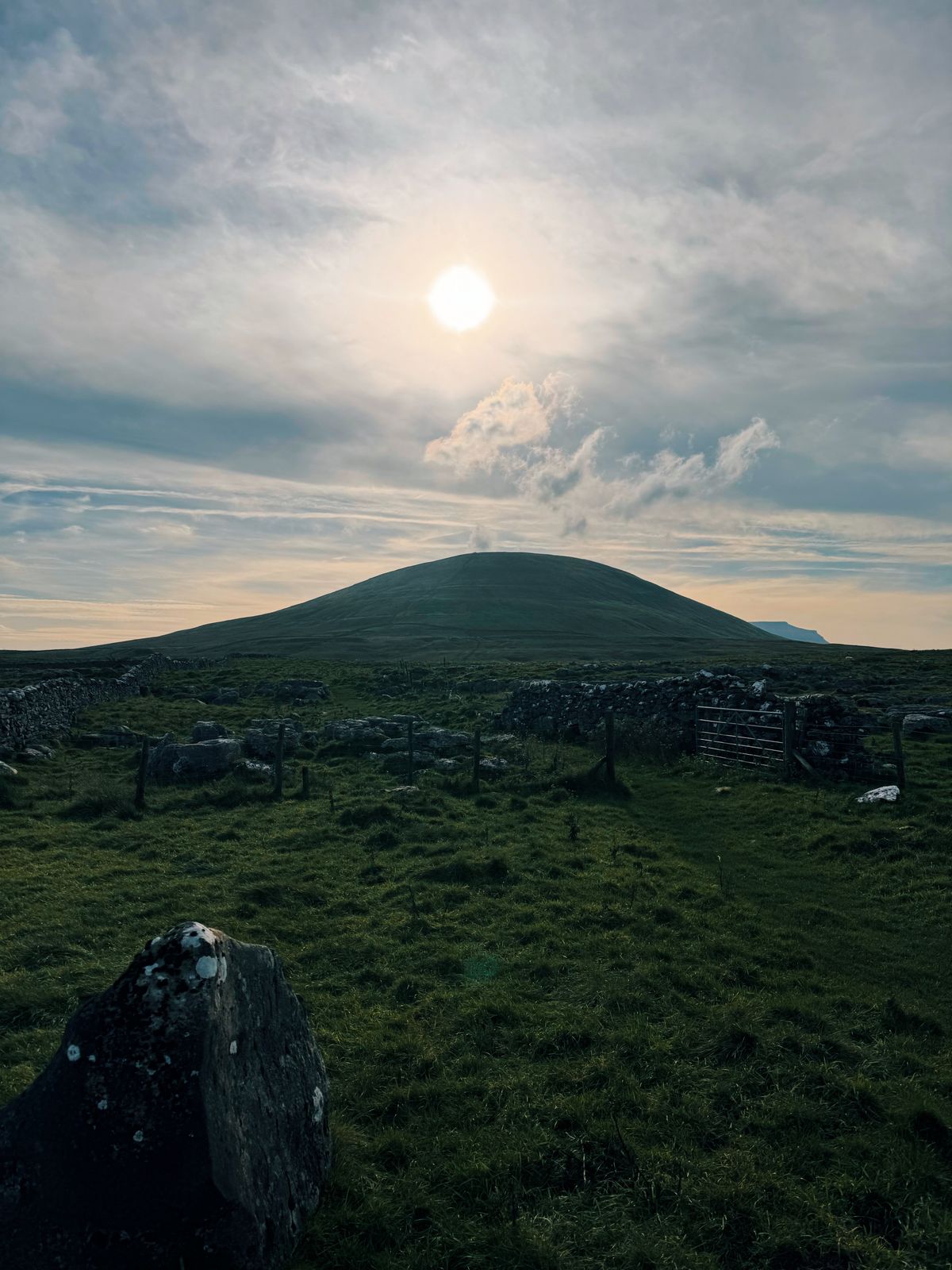
Me: What is humanity's value-add to the Earth?
Dr. Tim, Project manager-ecologist: What do you mean value-add? We are a species - we are part of her.
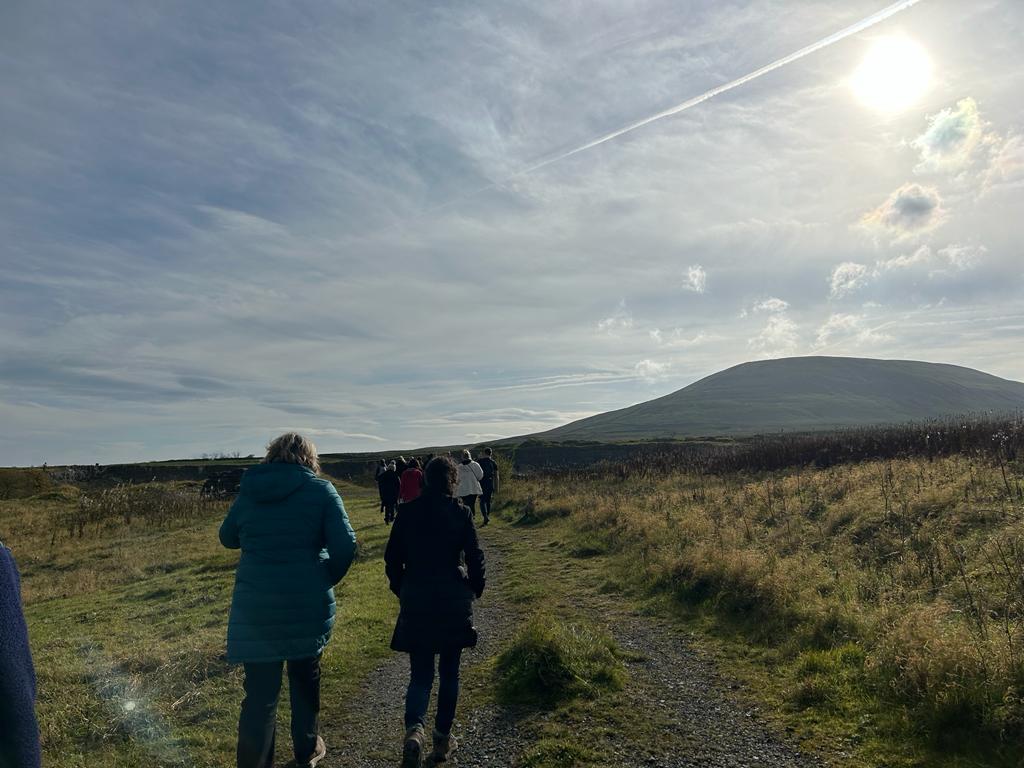
Did you know the UK is one of the most nature-depleted countries in the world? I was taken aback to learn that the UK stands among the bottom 10% of the most nature-depleted countries globally. Apparently, after WWII, per government policy, many trees were cut down from the mountains to turn the land into grazing farmlands for sheep and cattle for farmers. The verdant meadows and tranquil countryside scenes hid a disheartening truth – a big part of this greenery had been reclaimed by human intervention, catering to the agricultural shift of the era.
Perhaps it was the naive American/Korean perspective, but I always thought London looked much greener than NYC and also, the countryside is always beautiful with the greenery scene.
Recently, I had the privilege of going on a transformative journey with the World Wildlife Fund (WWF) & Yorkshire Wildlife Trust to Ingleborough National Nature Reserve, a pivotal site of Yorkshire's nature restoration project. The visit was more than just an exploration of the UK's green sanctuaries (definitely gives you real context and focus, stepping away from your desk in the office); it was an eye-opener that revealed a stark reality that lay beneath the lush green facade. The whole trip reminded me of why I got into finance in the first place a decade ago, and why I embarked on a mission journey 20 years ago — to harness capitalism as a force for positive change for our planet and its beings. You probably have seen my intro on my about me page:
...to use capitalism as a force for good and help planet, animals and My dream is to establish a society where people can be their true selves and find inner peace by being in harmony with nature. To achieve this, I'm pursuing solutions in finance, knowing that we live in a capitalistic society. I aim to bring the public and private sectors together to create a financial system that reflects people's hearts' desires and respects all living beings on our planet.
I was really grateful to meet with many amazing like-minded people and experts in biodiversity and nature restoration from WWF and Yorkshire Wildlife Trust + project team of the restoration project.
As I stood amidst the rejuvenating efforts at Ingleborough, I felt a step closer to the dream of establishing a grassroots-mobilized foundation in the future (#bucketlist). A foundation that aims at nurturing these ideals, knitting a fabric of a sustainable and equitable society.
The key thing is that these projects are WORKING! We need to be patient with the time and continue to work on how we can tap into the power of capitalism to restore nature and biodiversity via collective intelligence and effort.
About the Wild Ingleborough project
The Wild Ingleborough project is a notable venture aimed at the restoration and rewilding of nature in the Yorkshire region, specifically around the Ingleborough mountain area. The project is a holistic approach to nature restoration, embedding ecological rehabilitation, community engagement, education, and resilience building in its core objectives. It reflects a comprehensive effort to restore, protect, and enhance the natural environment, ensuring it thrives for the benefit of both wildlife and the local community.
Here’s a summary of their restoration initiative and their activities based on the information from various sources:
- Landscape Restoration:
- The project initially encompasses a restoration area of 1,200 hectares with the aspiration of being one of the pioneering examples in England to re-establish the natural tree line. This includes transitioning from broadleaf woodland to dwarf shrub, heather moorland, and lichen heathlands, which will interconnect existing nature reserves, thereby forming a larger, unified space for wildlife.
- Through a blend of native tree planting and natural vegetation recovery, the initiative aims at restoring this sizable land area extending from the River Ribble up towards the summit of Ingleborough mountain, the second-highest peak in the Yorkshire Dales.
- Biodiversity Enhancement and Carbon Sequestration:
- The project is dedicated to restoring depleted peatlands and expanding native woodland. These aspects are crucial as they act as vital carbon sinks, aiding in carbon sequestration to combat climate change. The plan involves planting around 30,000 trees, with a significant portion of the new woodland being created through "passive rewilding," which allows nature to reclaim the land organically.
- Community Engagement and Education:
- The project isn't solely about ecological restoration; it's also about fostering a harmonious relationship between the community and nature. This is achieved through supporting low-intensity farming, restoring wildlife-friendly habitats, and sharing knowledge and skills to make Ingleborough a haven for both nature and people.
- Resilience Building:
- By executing landscape-scale restoration from the valley floor to the mountain top, the project aims to boost the resilience of wildlife in North Yorkshire. This initiative intends to support low-intensity farming, which in turn helps wildlife to be more resilient amidst the climate crisis and other environmental pressures.
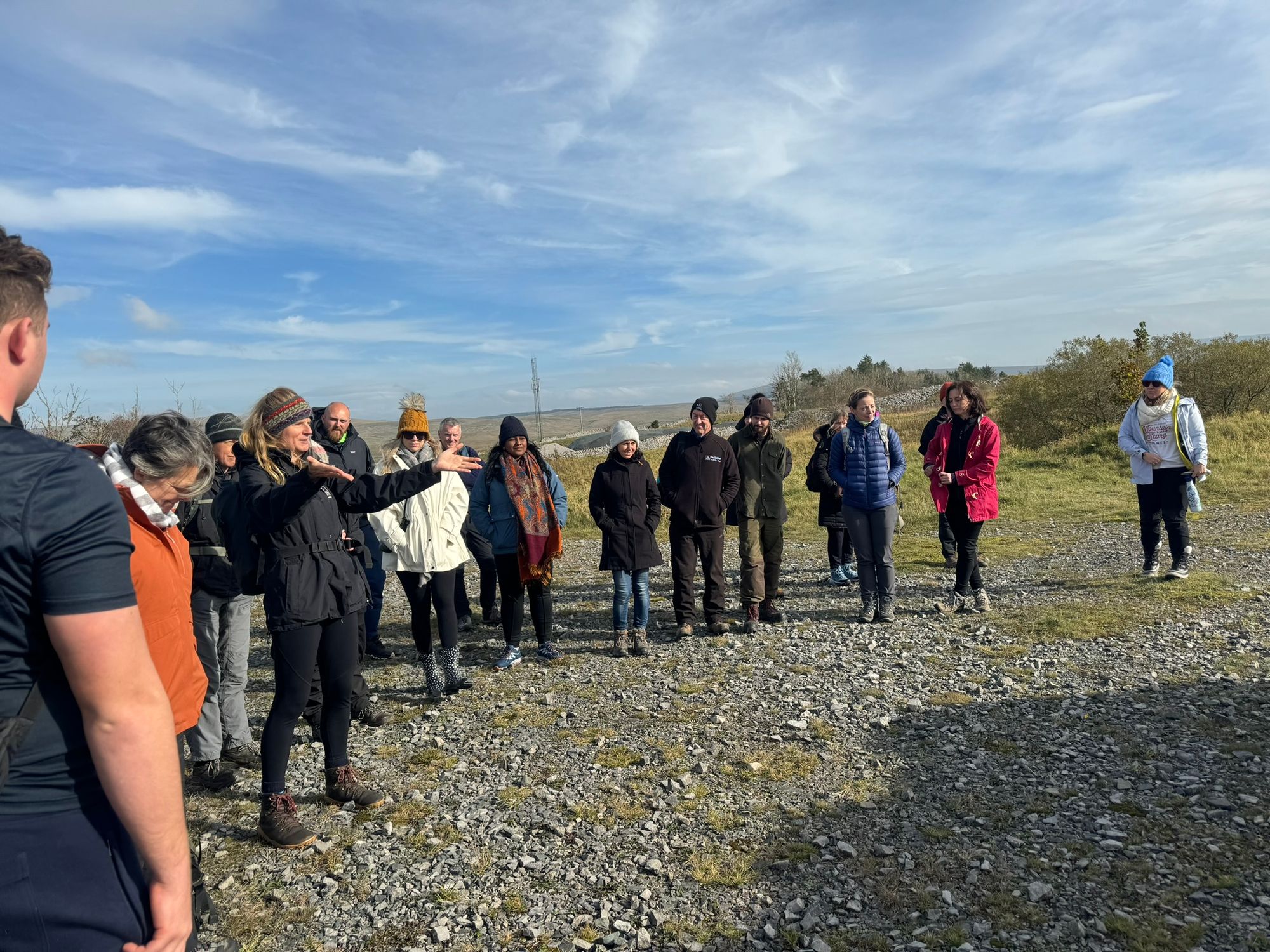
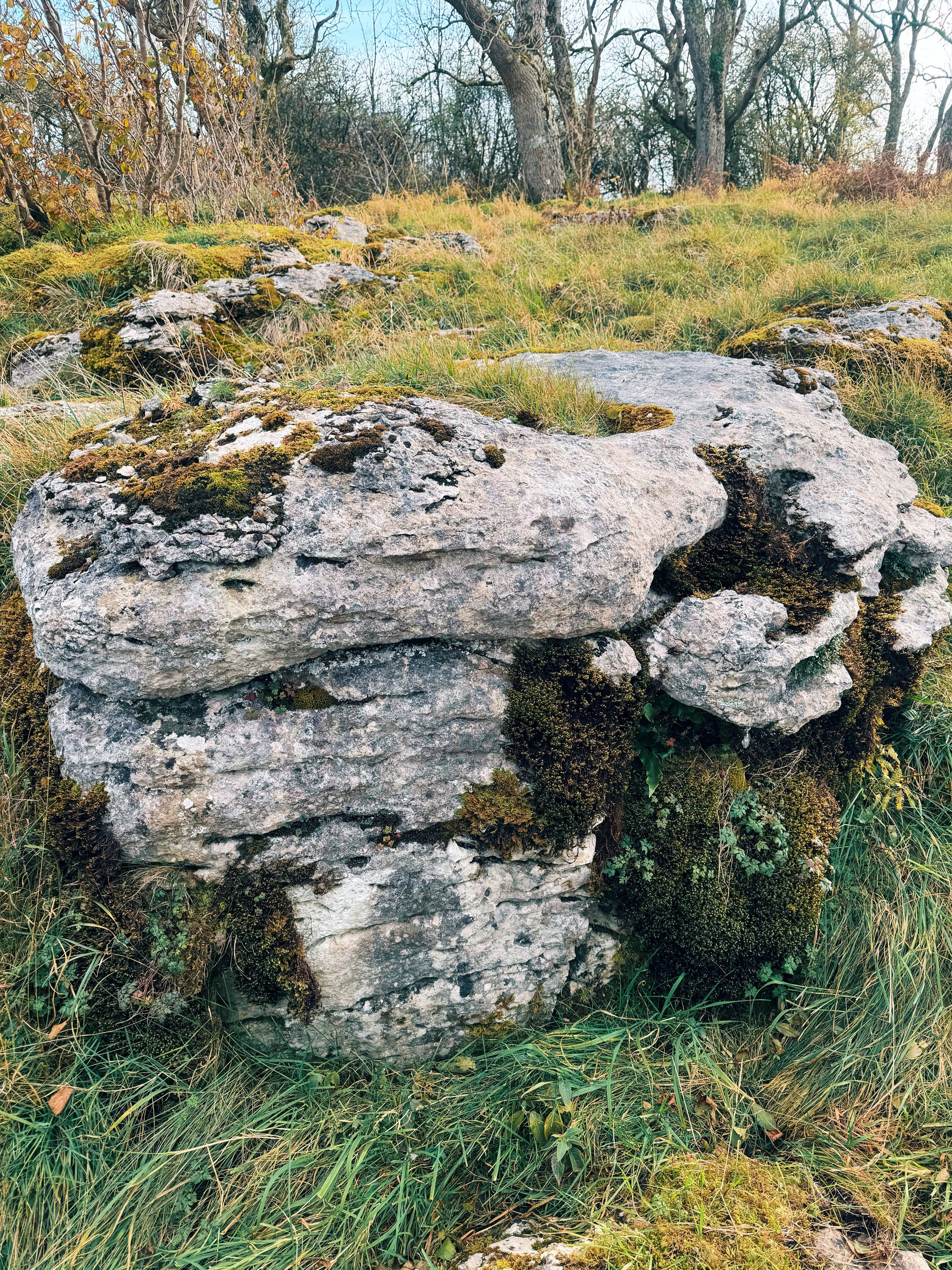
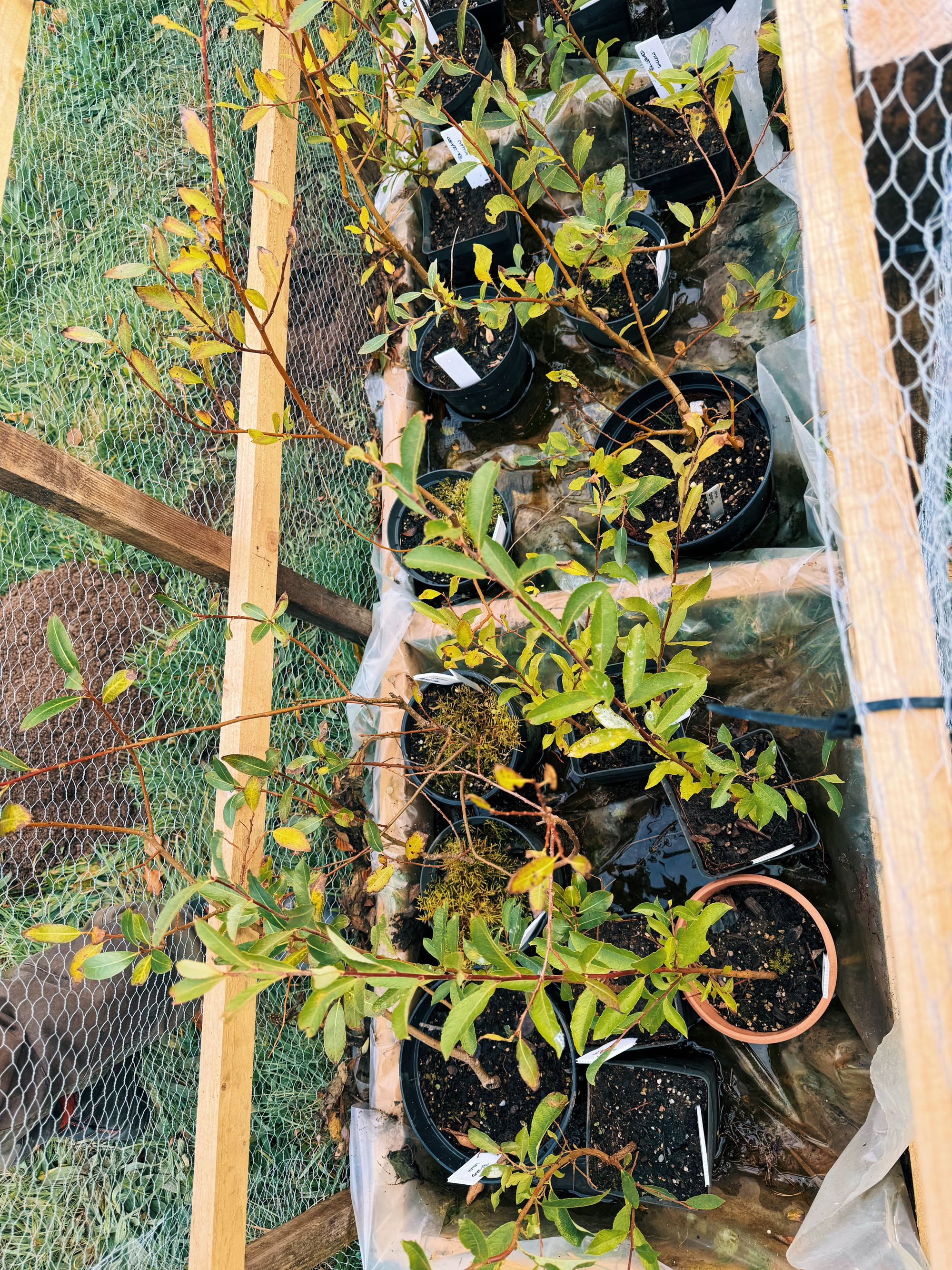
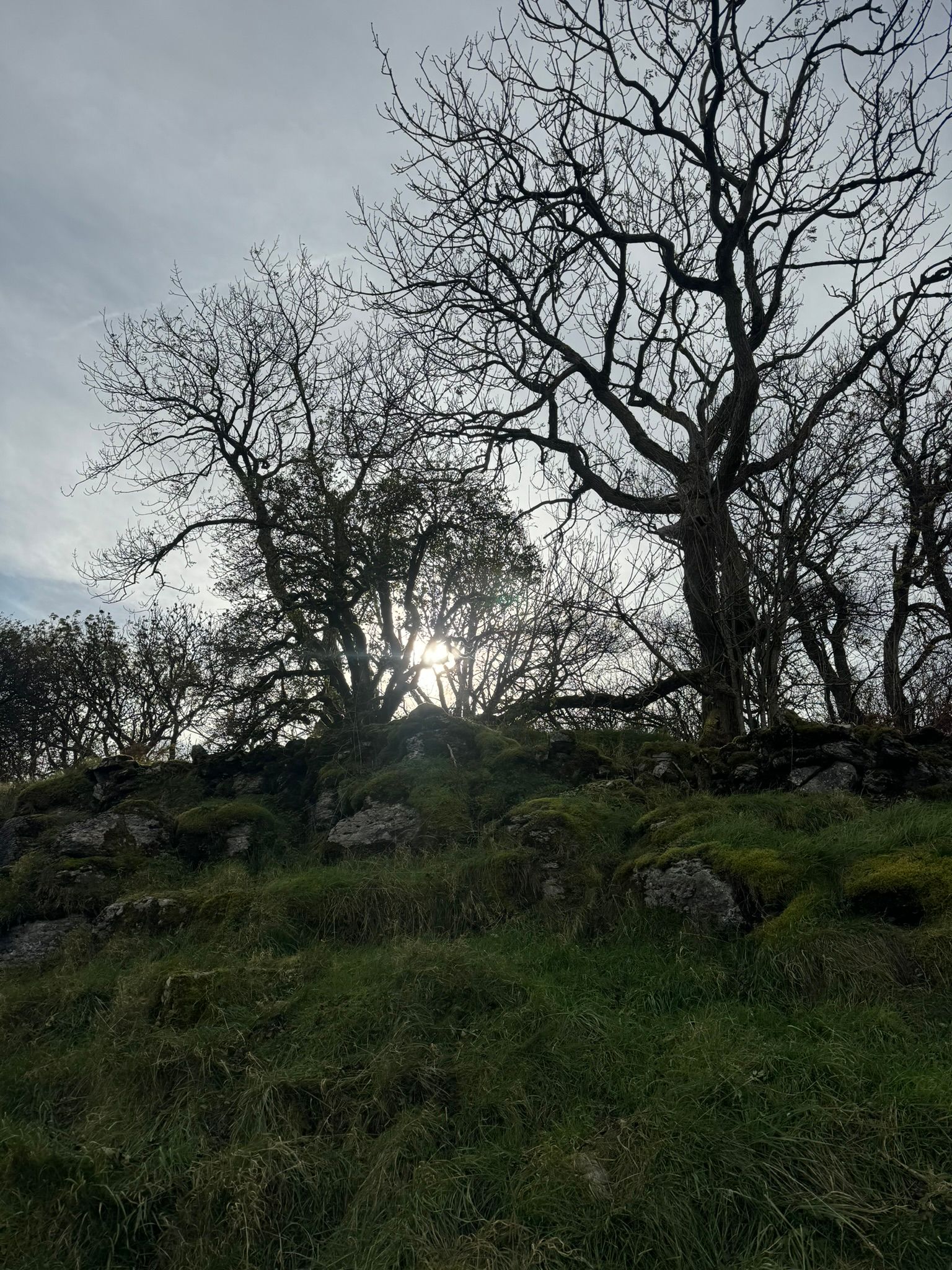
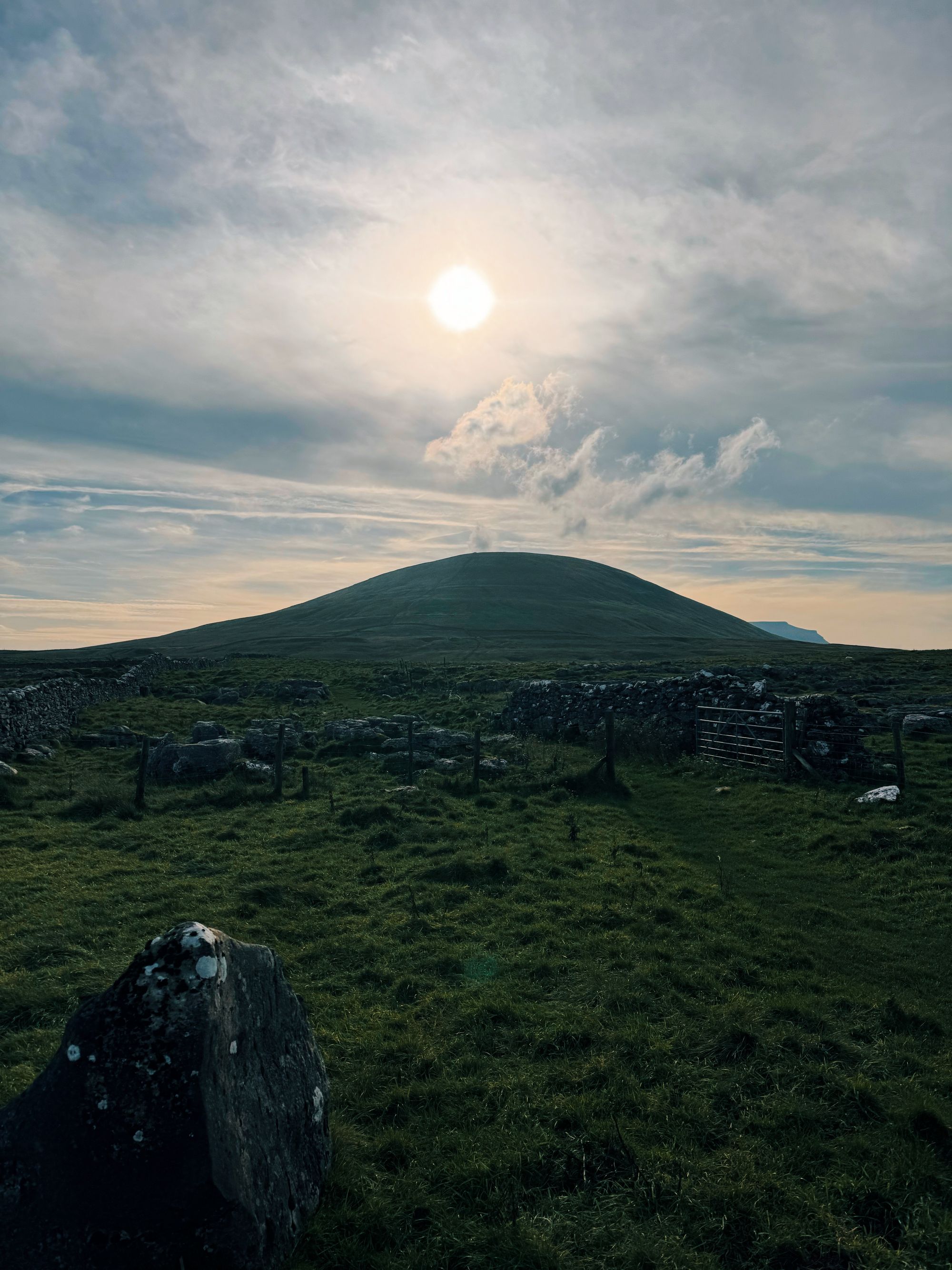

📚 IG/Podcast/Book recommendations from the trip:
- Wilding: The Return of Nature to a British Farm (Mar, 2019)
- Talking to My Daughter about the Economy: A Brief History of Capitalism (Jan, 2013)
- Comforting vegan food Instagram @ellysplate
- Check out this recent FT article What is the British countryside really for? https://ig.ft.com/uk-land-use/ as well.
Key takeaways:
- UK aims to plant new woodland across 8,400 sq km and protect 400,000 hectares for biodiversity by 2030 while building 300,000 homes per year.
- RSPB study suggests 22% of UK farmland needs to change use to reach net zero emissions by 2050, altering food production.
- Only four out of nine scenarios in the RSPB study achieve net zero in land use by 2050, with the best scenario reducing farmland from 60% to 47%.
- Farmers face dilemmas as new policies like required woodland coverage for subsidies may impact their practices and livelihoods.
- Multifunctional landscapes are proposed as a solution to meet climate goals without compromising food security, integrating woodland on less productive agricultural land.

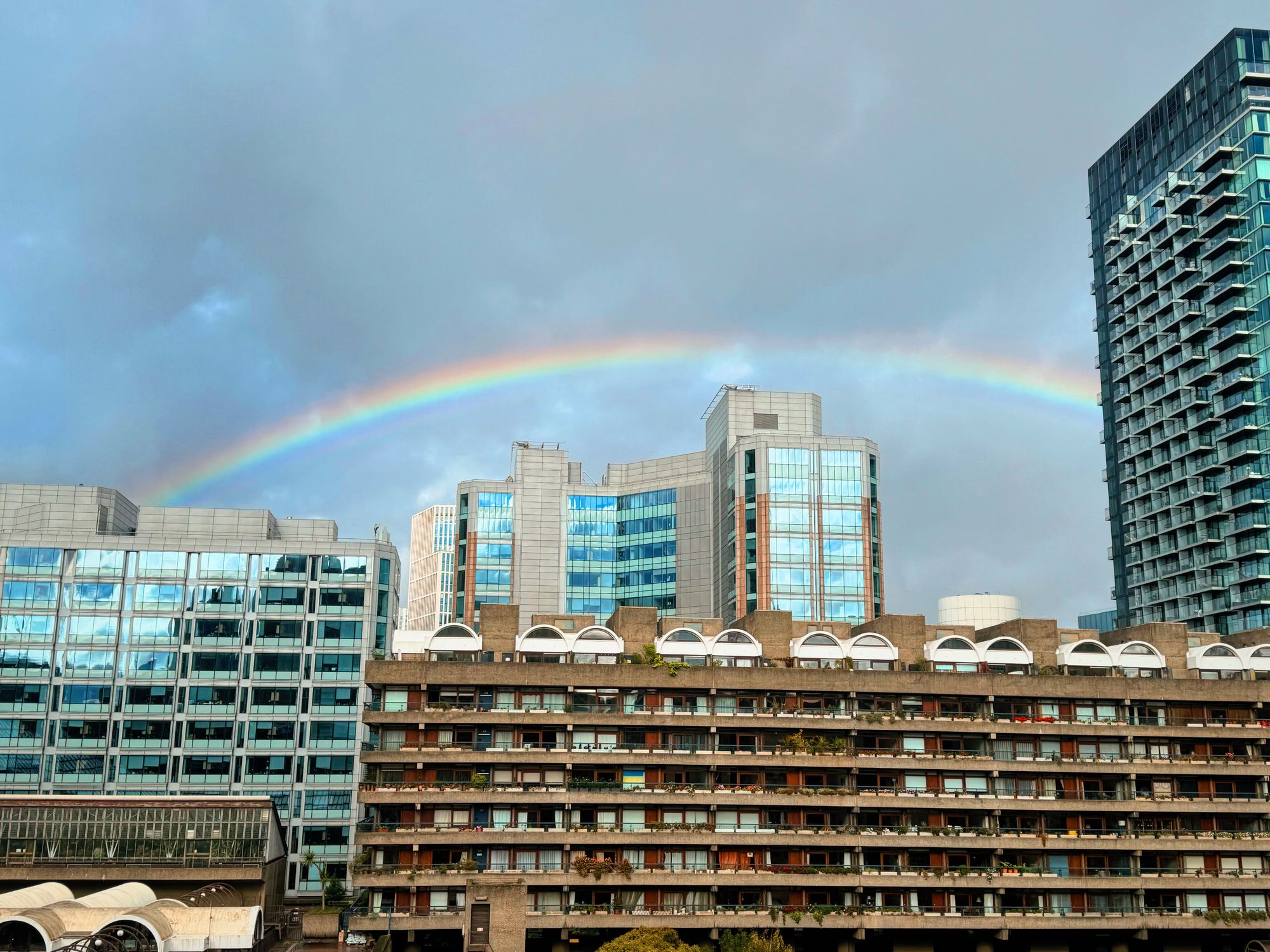
P.S. I joked that it would be awesome to see crop circles in Yorkshire (the place is known for them during the crop circle season in the summer), and I wasn't disappointed to come back home to the tube ad featuring an alien and subsequently a rainbow in the sky! :)


